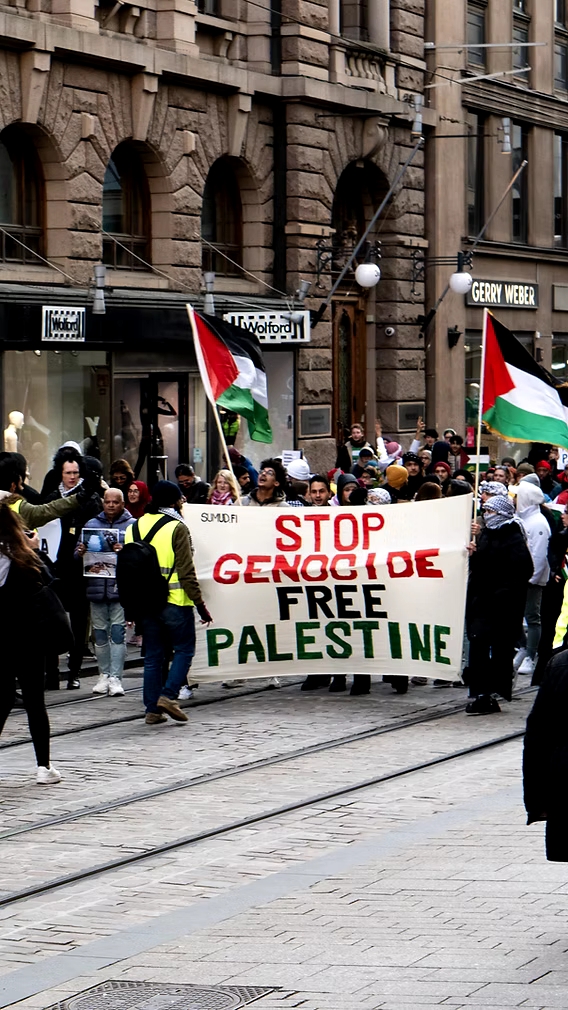The ongoing conflict in Palestine has evolved into one of the most heartbreaking humanitarian crises of our time. For decades, Palestinians have endured systematic violence, displacement, and loss of life on a scale that many human rights organizations and global observers describe as genocidal in nature. This is not just a political struggle; it is a deep human tragedy that demands urgent attention and action.
What Does Genocide Mean in the Palestinian Context?
Genocide, according to the United Nations, is the intentional destruction of a national, ethnic, racial, or religious group in whole or in part. In Palestine, the conditions — including forced displacement, targeted killings, destruction of homes and infrastructure, and restrictions on basic human rights — meet many of these criteria. Civilians, including women and children, have suffered immensely, with repeated military assaults causing widespread death and trauma.
The Human Cost
Thousands of Palestinian civilians have been killed or injured in repeated conflicts, while millions live under blockade or in refugee camps with limited access to healthcare, education, or economic opportunity. Entire neighborhoods have been destroyed, families torn apart, and futures stolen. The psychological scars, especially among the younger generation, are profound.
International Response and Challenges
Despite numerous United Nations resolutions condemning violence and calling for peace, enforcement and accountability remain elusive. Political interests and regional complexities often overshadow the urgent need for justice and humanitarian aid. The world’s silence or partial response can sometimes feel like complicity in the ongoing suffering.
Why Awareness Matters
Raising awareness about the genocide in Palestine is crucial to breaking cycles of violence and fostering empathy. It encourages international communities to pressure for diplomatic solutions, humanitarian aid, and the upholding of human rights. Remembering the humanity behind the headlines helps prevent these tragedies from being reduced to mere statistics.
A Call for Peace and Justice
Ending the genocide and conflict in Palestine requires courage, commitment, and a collective effort from governments, organizations, and individuals worldwide. It is about recognizing the right of Palestinians to live with dignity, security, and freedom just as every human deserves.



Comments
Post a Comment